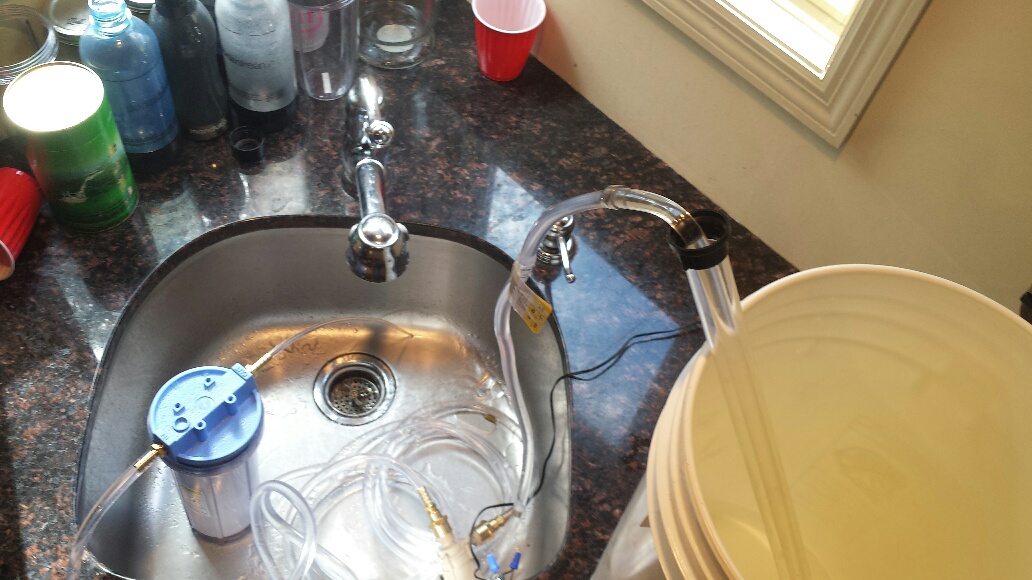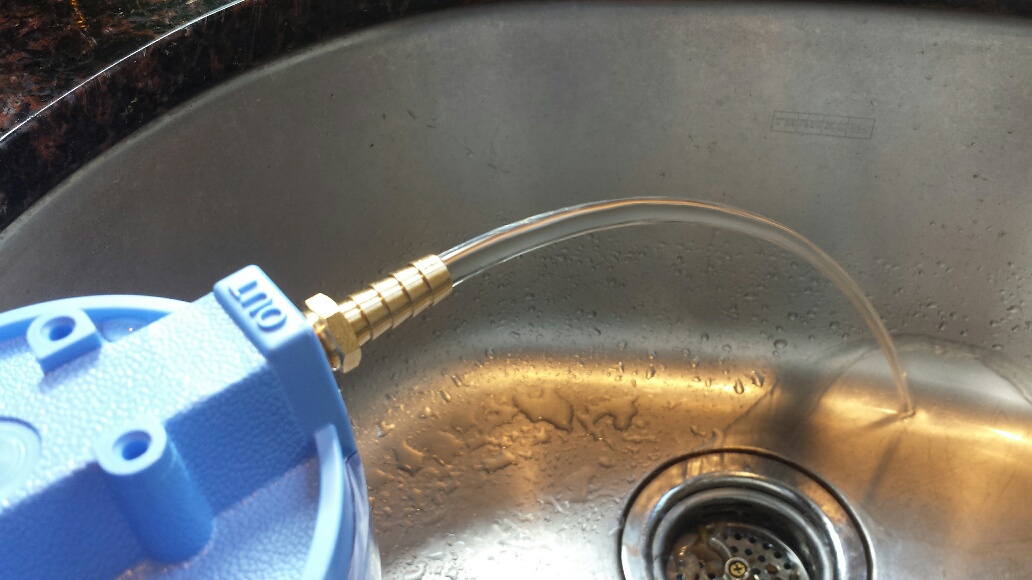JONNYROTTEN
Well-Known Member
My beers seem to peak and bring out the sweet smoothness ( any style) after 3 weeks after things drop out. I blame that on the stuff floating around in my beer giving me "different" or "off" flavors.
I'm Really looking forward to trying out filtering. I'm almost completely confident it will give me the same result in 10 minutes.
I'm Really looking forward to trying out filtering. I'm almost completely confident it will give me the same result in 10 minutes.



